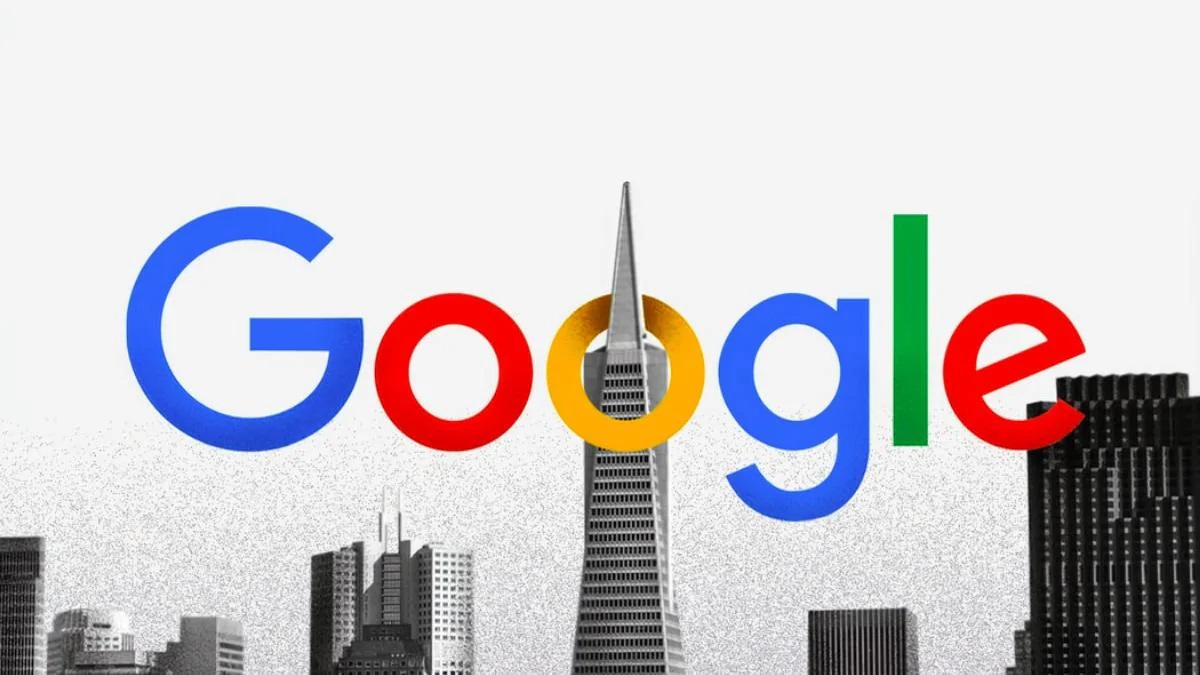
According to Mashable, the organization has also restricted an additional 6.4 billion ads.
In a blog article, tech giant Google showed that it blocked or eliminated 3.1 billion poor advertisements, including Covid-19 related advertisements, globally in 2020 for violating its policies.
Based on Mashable, the organization has also limited an extra 6.4 billion ads.
“In 2020, Google policies and enforcement were put to the test as we collectively navigated a global outbreak, multiple elections around the globe, and the continued fight against bad actors on the lookout for new strategies to take advantage of individuals online,” said Scott Spencer, VP, ads privacy and security, in a blog post.
Google showed in a blog post that it blocked or eliminated 3.1 billion poor advertisements, including COVID-19 associated ads, worldwide in 2020 for violating its policies. Additionally, it restricted an extra 6.4 billion ads.
It also blocked or removed over 867 million advertisements for attempting to bypass its detection methods, such as cloaking, and an extra 101 million ads to break up the misrepresentation policies. This past year, Google also included or updated over 40 guidelines for publishers and advertisers.
Where Can “Cinema” Happen While It Is The Time Of Streaming?
Mashable announced that Google has refreshed or additional over 40 policies for publishers and advertisers. Google tech giant restricted and blocked more than 99 million Covid-related promotions from working continuously, such as those for miracle cures, N95 masks due to supply shortages, in addition to fake vaccine doses also.
First time Google is sharing information about ad restrictions which is a core component of its general strategy. It says that restricting advertisements allows the company to tailor its approach based on geography, local legislation, and certificate programs.
Notably, this is the prior year that Google is sharing data on advertisement limitations which is a core component of its general strategy. It states that confining advertisements enables the company to tailor its methodology determined by geography, local legislation, and our certification programs Maintaining trust for publishers and advertisers assist their companies to succeed in the long term,” states Google blog.
Google said malicious and deceptive ads linked to the pandemic were a significant concern throughout the year, such as those for miracle cures, N95 masks because of supply shortages, and most recently, fake vaccine doses. To prevent such behavior, Google released covid policy ads. Additionally, it launched a new policy to prohibit both advertisements and monetized content about covid-19 or alternative global health emergencies that contradict scientific consensus.
Owing to its investment in automated detection technologies to efficiently scan the internet for publisher policy compliance at scale, Google was able to prevent ads from serving on over 1.6 million publisher sites with pervasive or egregious offenses. It’s begun to share the details about this ad’ feature to inform people about the founders of the advertisements to make more informed decisions.
“In 2020, our policies and authorities were put to the test as we collectively navigated a worldwide outbreak, multiple elections around the world, and the ongoing fight against bad actors looking for new ways to make the most of individuals online.
Thousands of Google engineers and employees work around the clock to deliver a secure experience for consumers, creators, publishers, and advertisers. We know that if we make decisions through the lens of user safety, it is going to benefit the broader ecosystem. Preserving trust for advertisers and publishers assists their companies to succeed in the long run,” stated Scott Spencer, vice-president, advertising privacy & security, Google, in a blog article.








